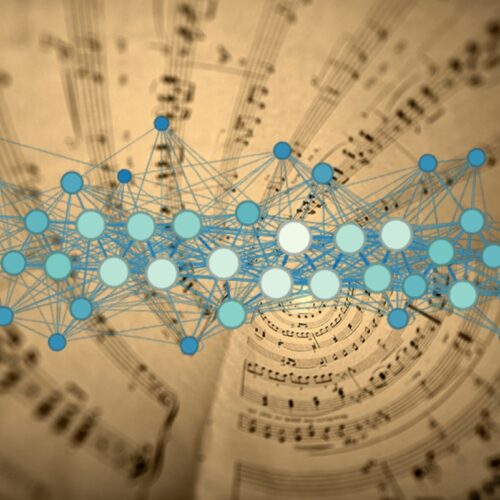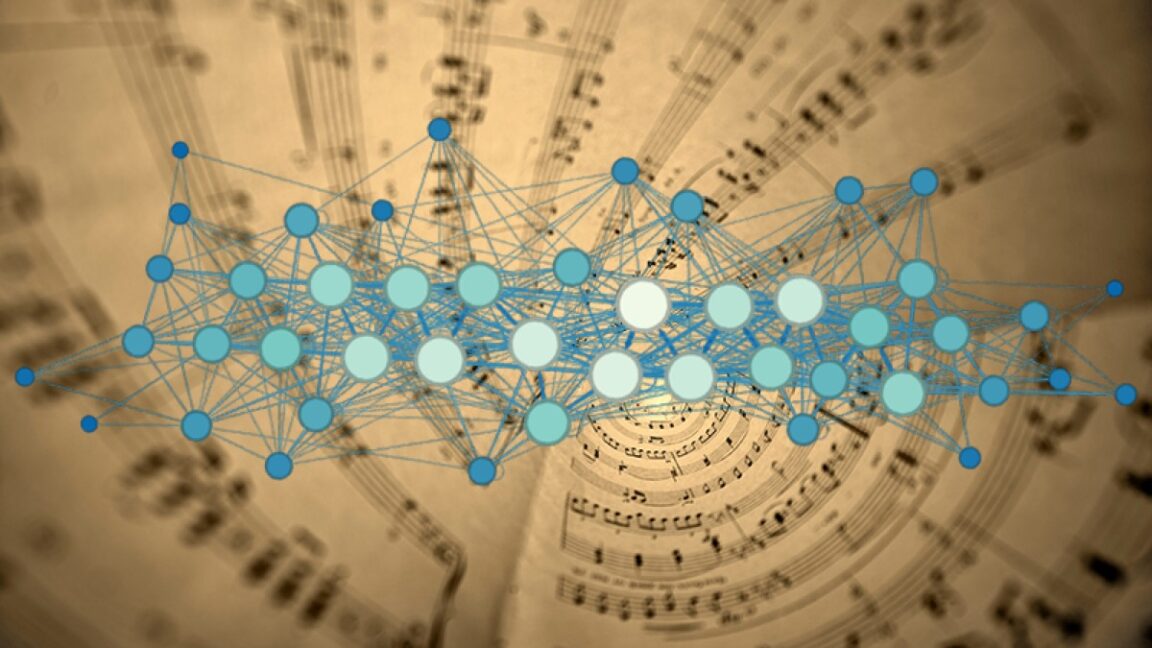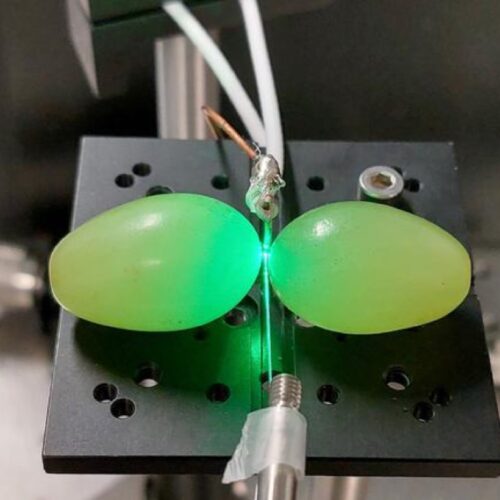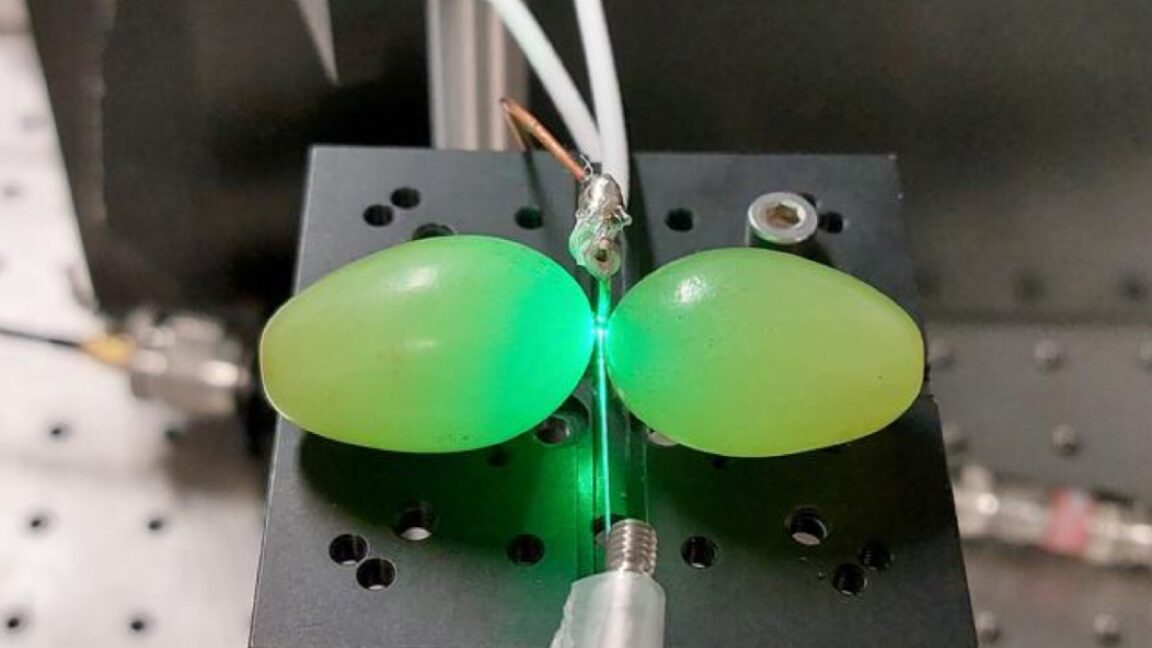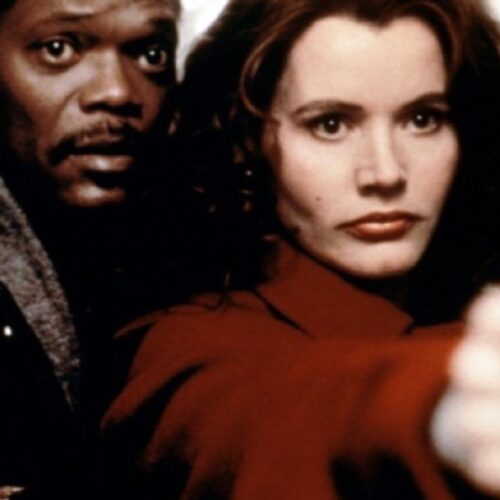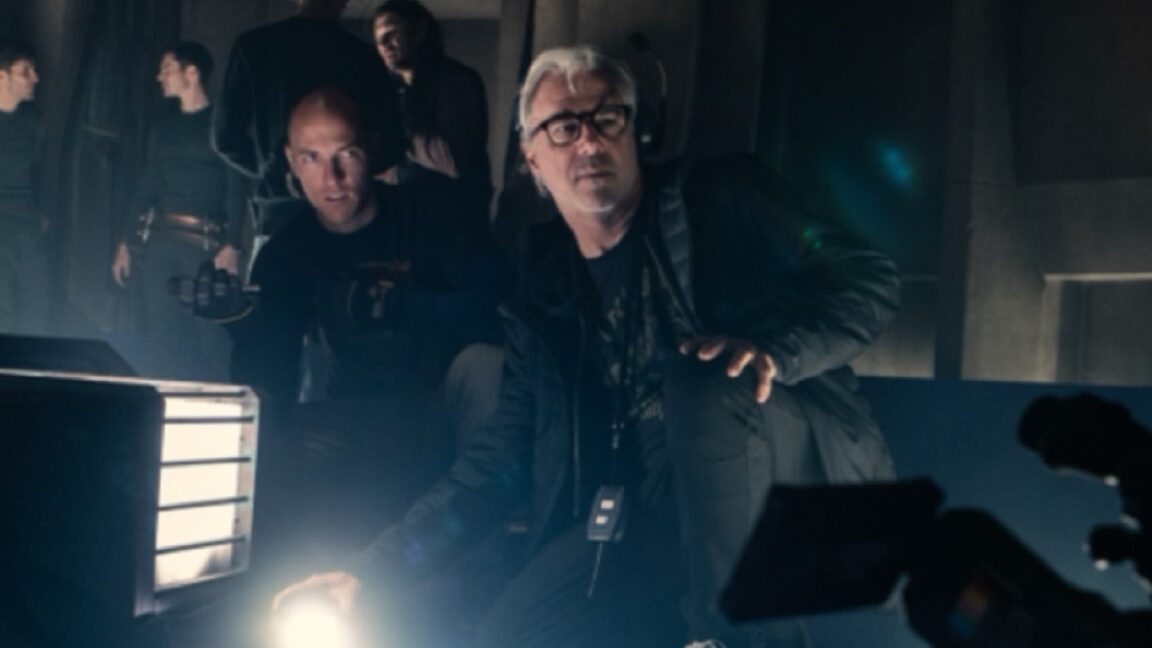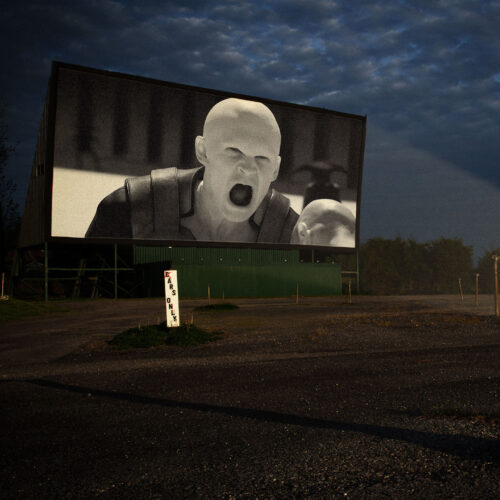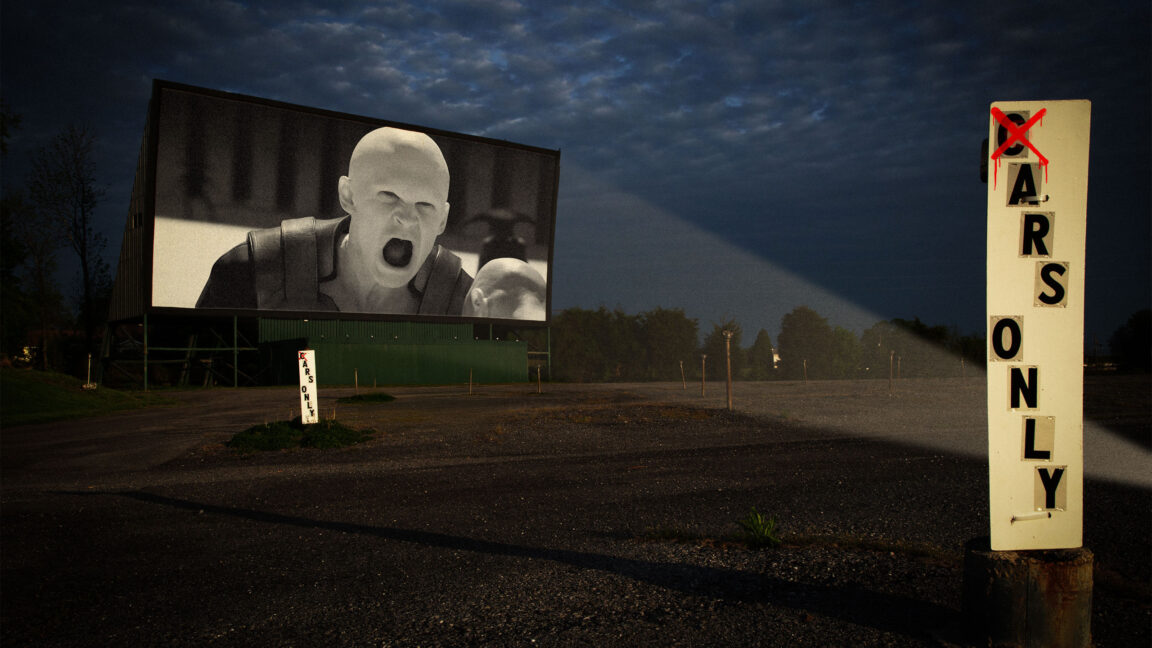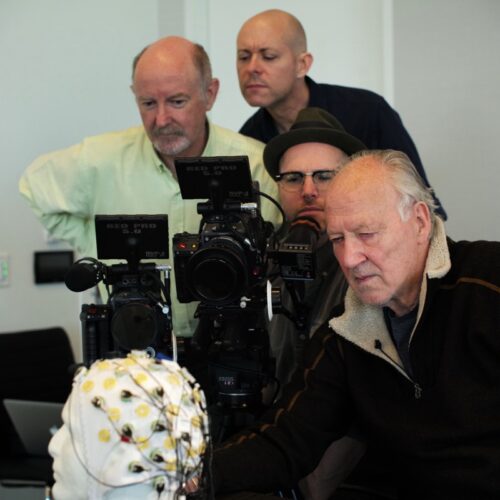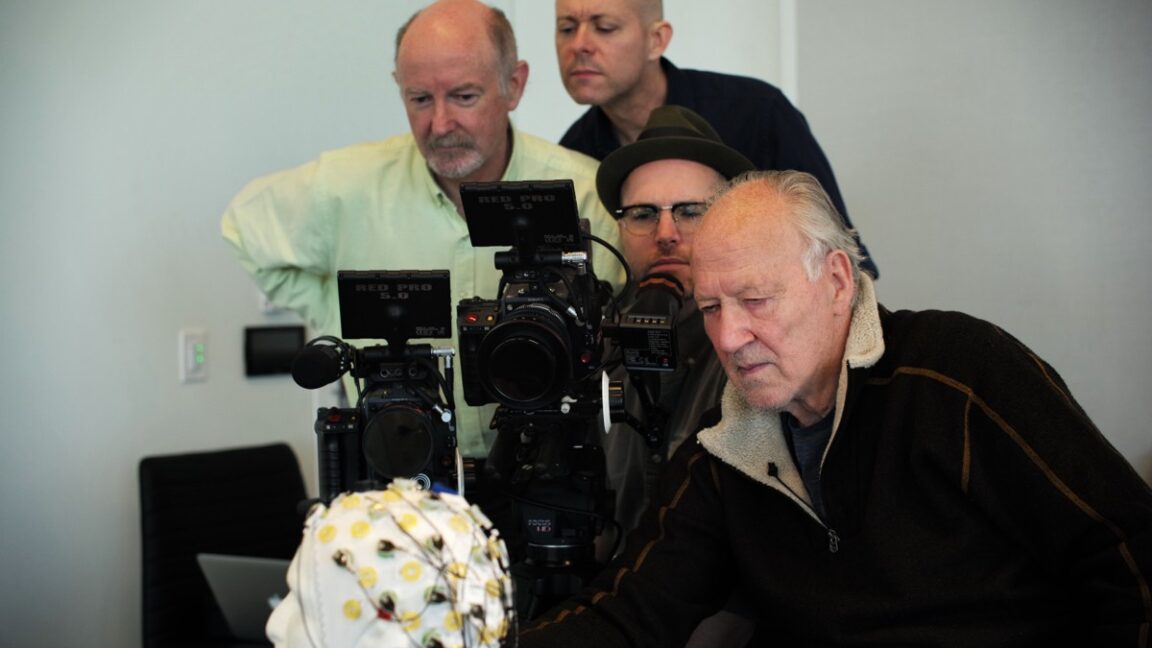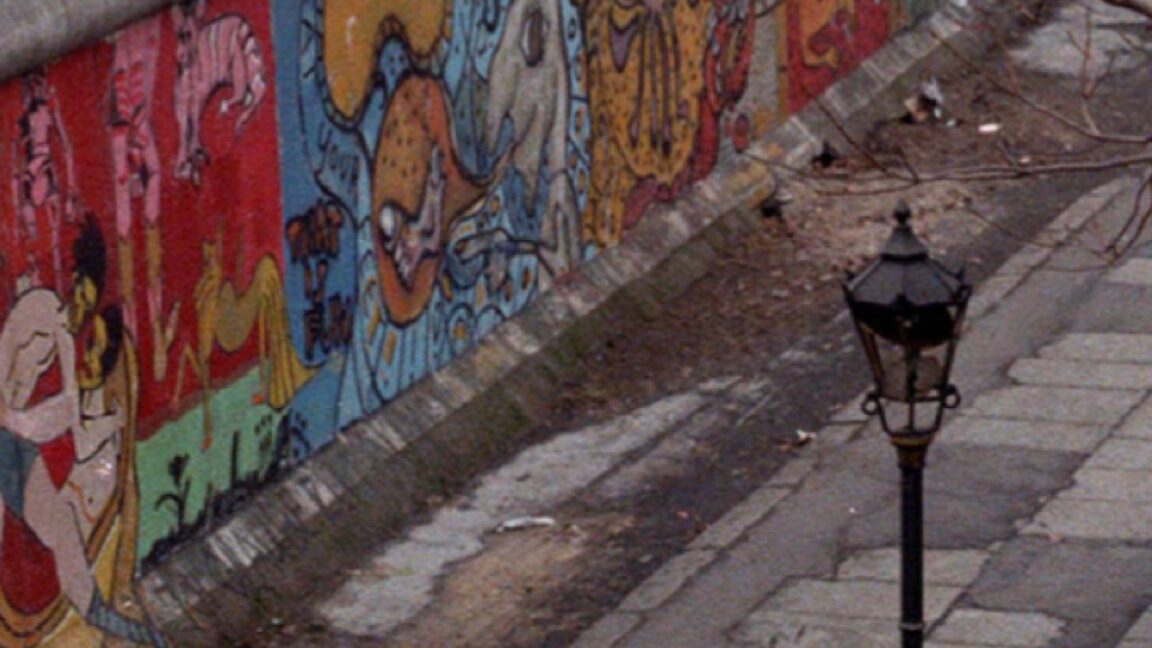Ants vs. humans: Solving the piano-mover puzzle
The piano-mover puzzle involves trying to transport an oddly shaped load across a constricted environment with various obstructions. It's one of several variations on classic computational motion-planning problems, a key element in numerous robotics applications. But what would happen if you pitted human beings against ants in a competition to solve the piano-mover puzzle?
According to a paper published in the Proceedings of the National Academy of Sciences, humans have superior cognitive abilities and, hence, would be expected to outperform the ants. However, depriving people of verbal or nonverbal communication can level the playing field, with ants performing better in some trials. And while ants improved their cognitive performance when acting collectively as a group, the same did not hold true for humans.
Co-author Ofer Feinerman of the Weizmann Institute of Science and colleagues saw an opportunity to use the piano-mover puzzle to shed light on group decision-making, as well as the question of whether it is better to cooperate as a group or maintain individuality. "It allows us to compare problem-solving skills and performances across group sizes and down to a single individual and also enables a comparison of collective problem-solving across species," the authors wrote.
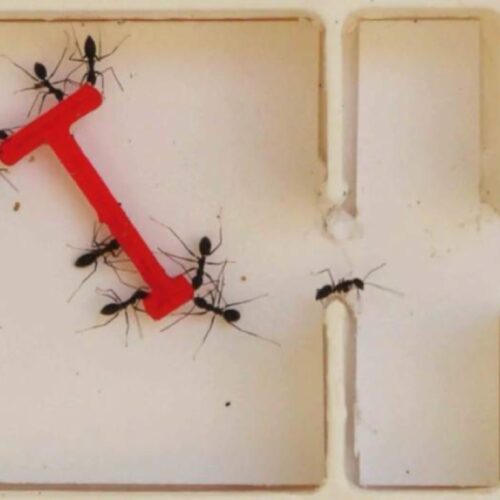
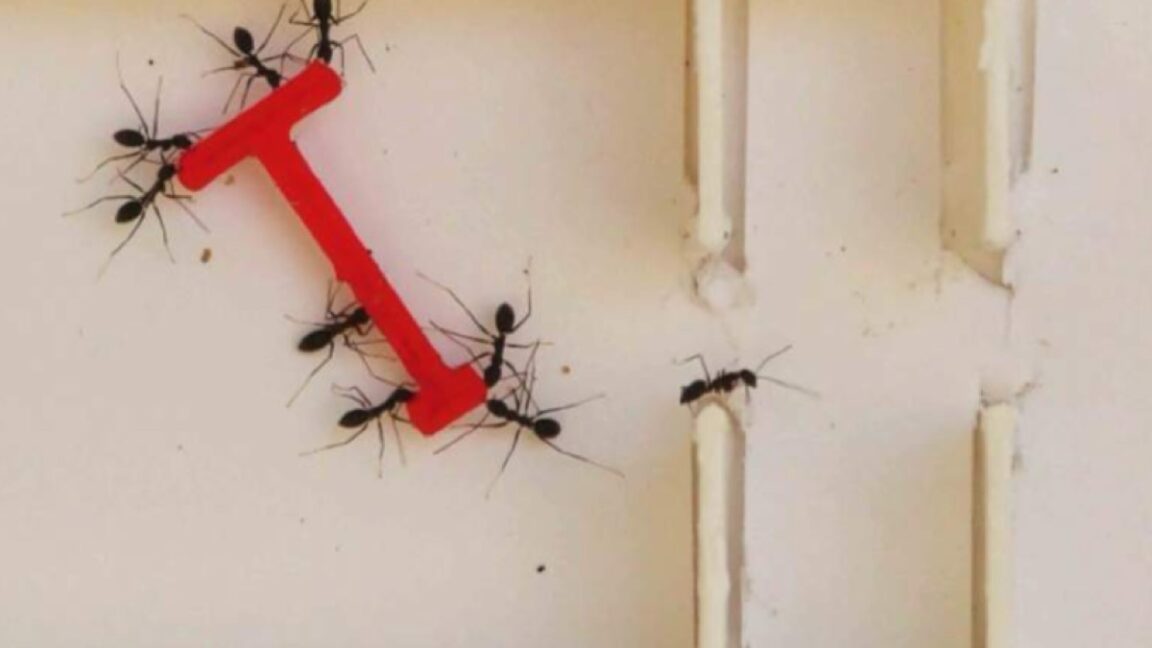
© Weizmann Institute of Science
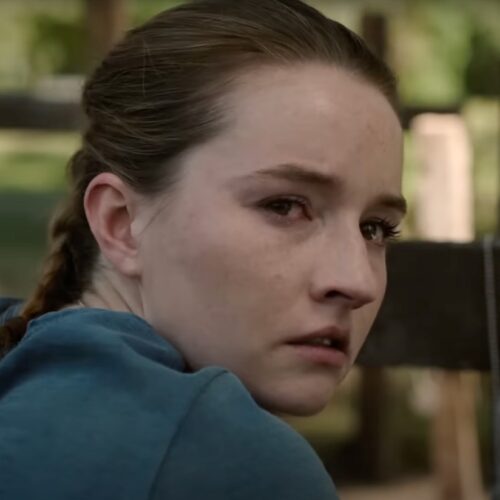
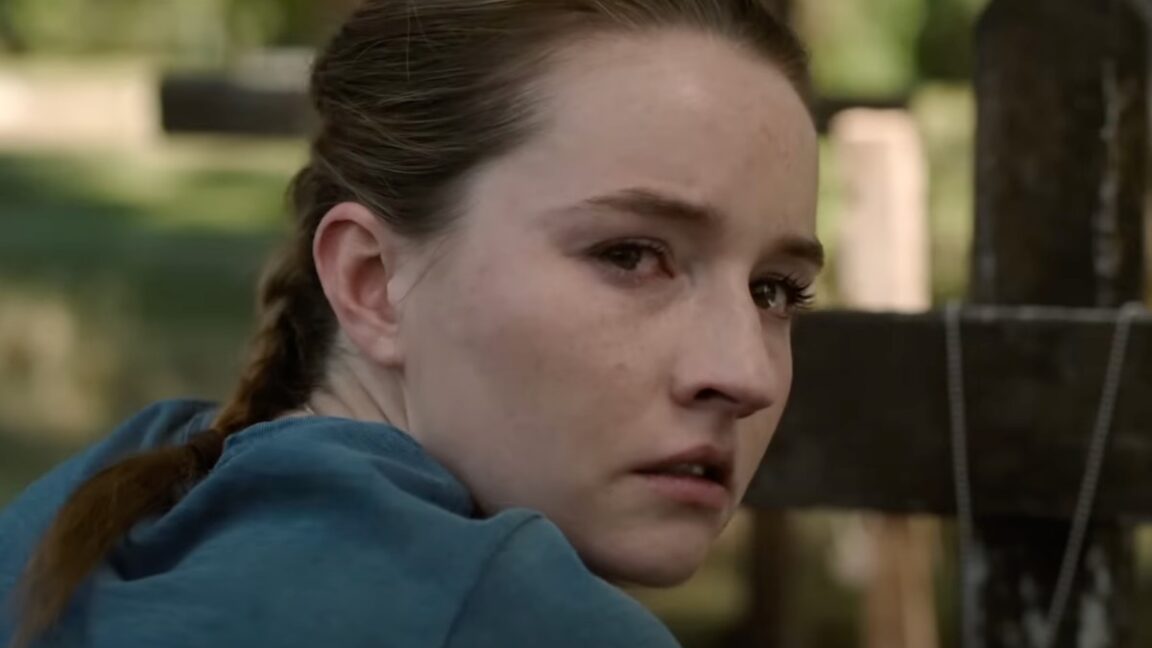
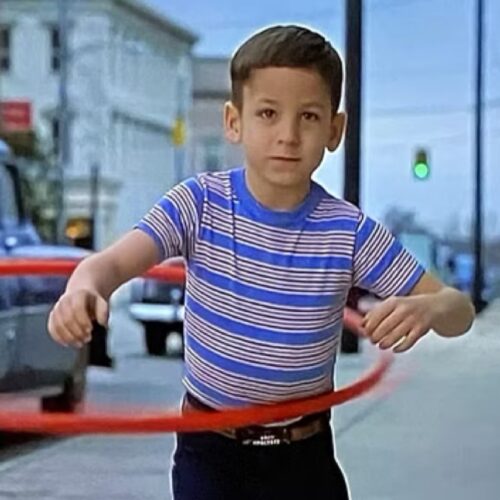
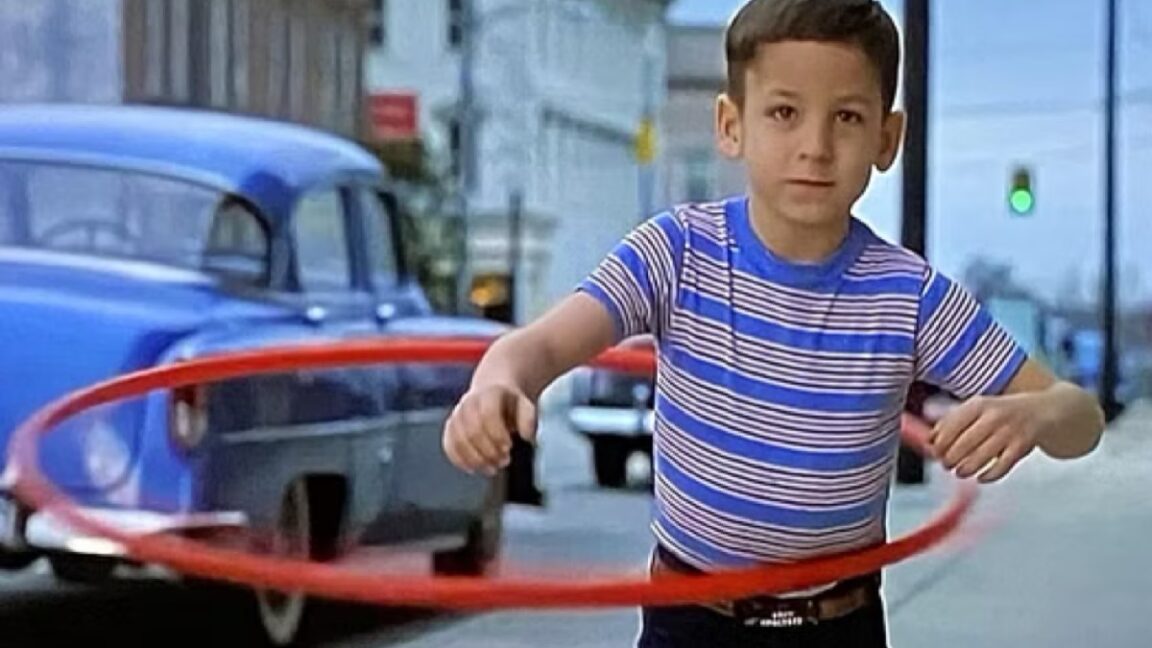

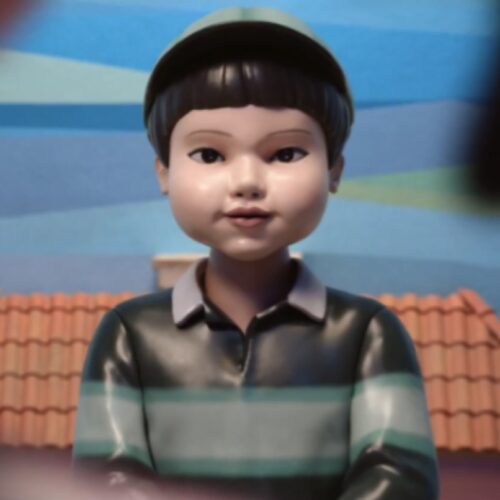
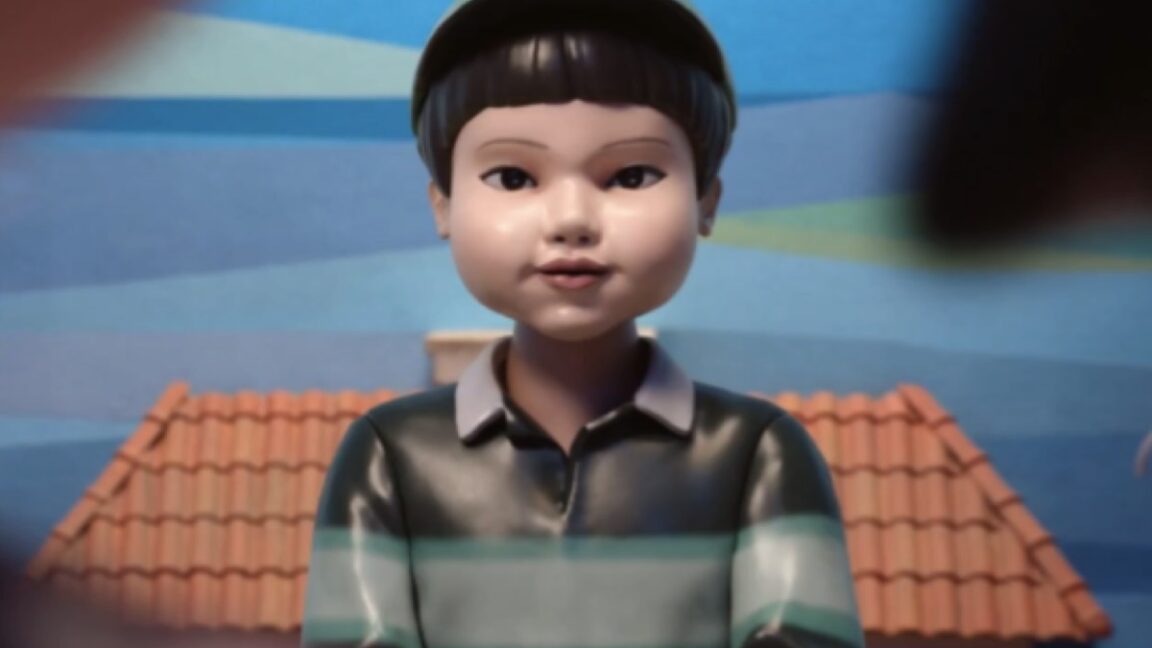
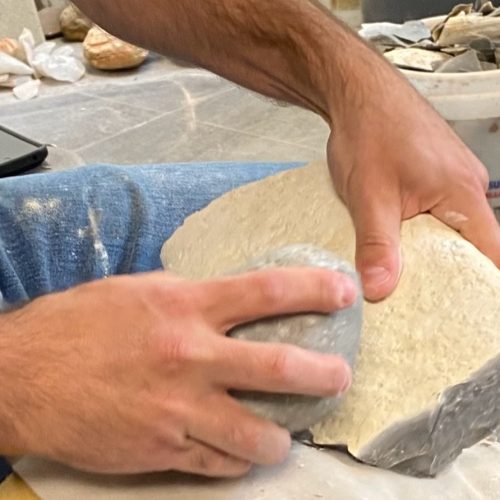
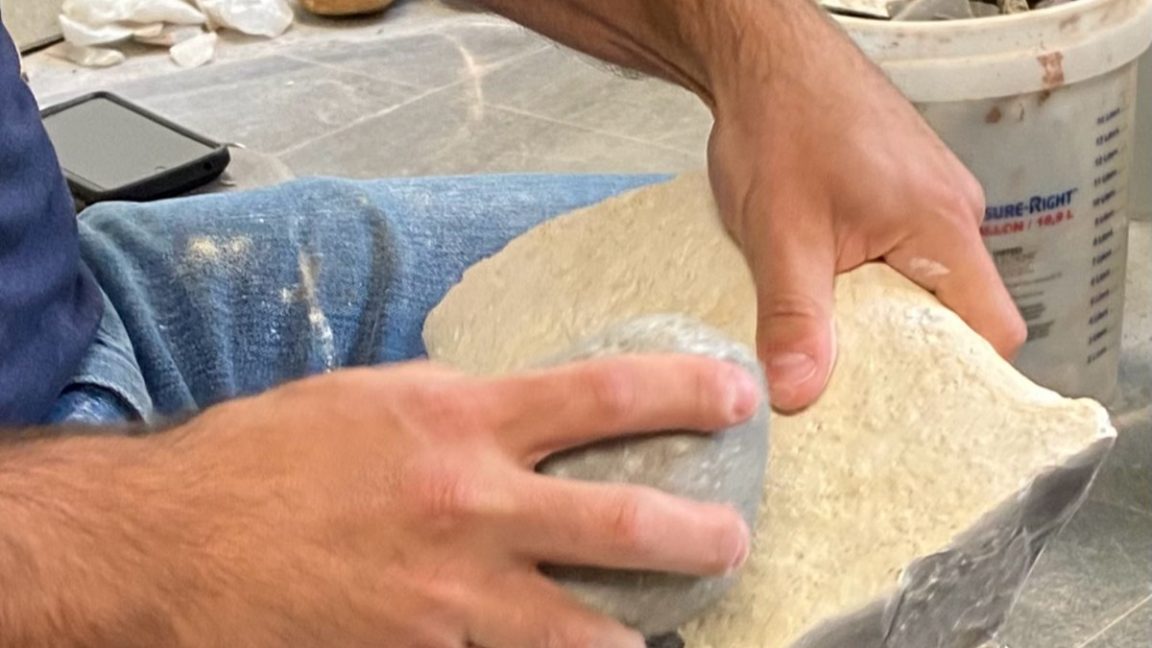

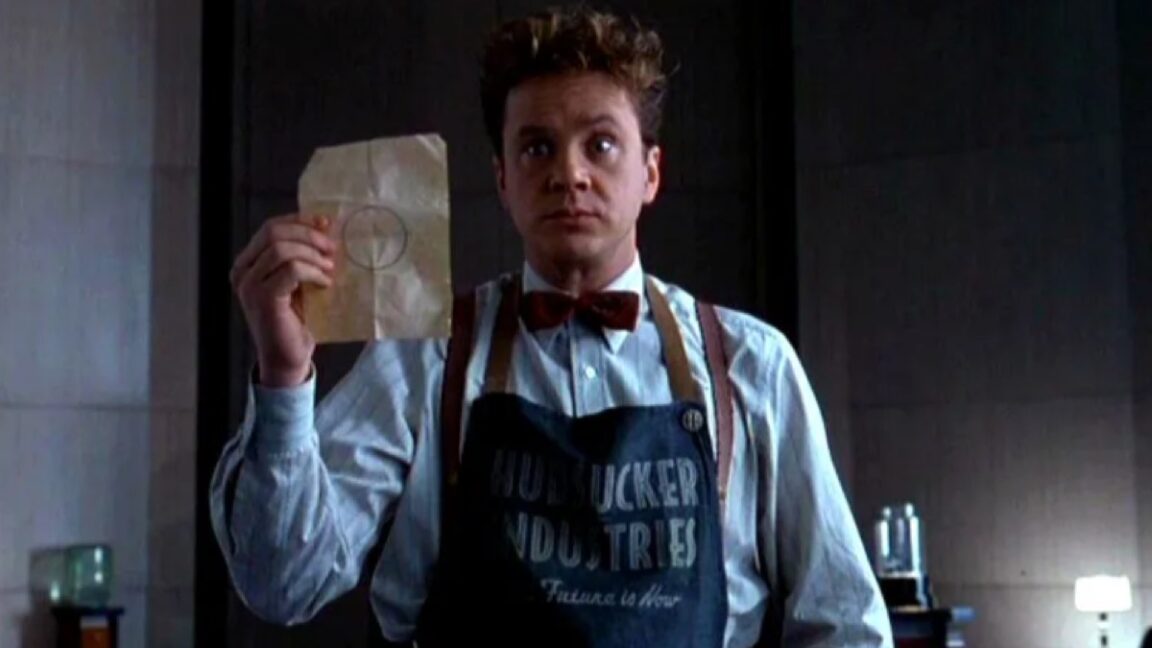
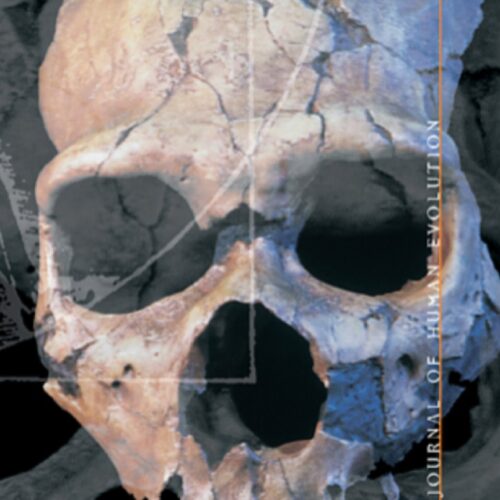
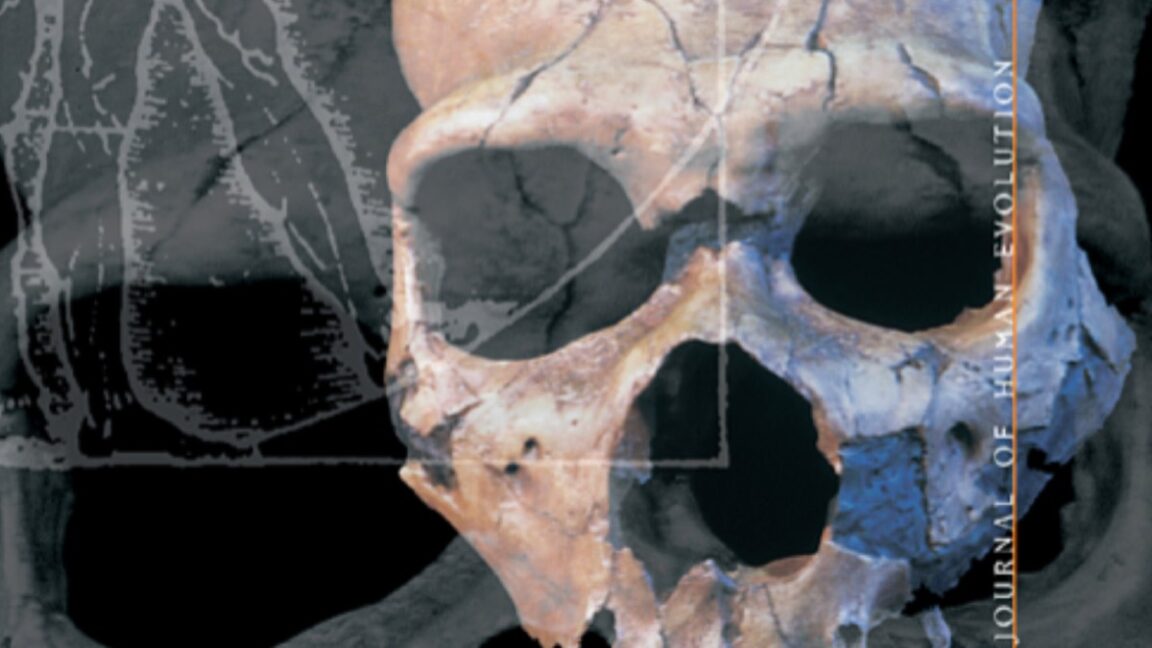
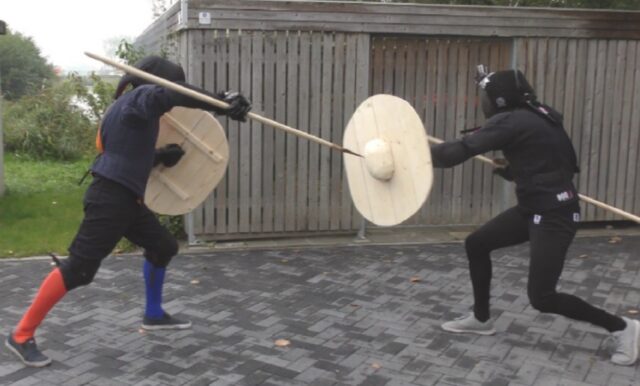 An experiment with experienced fighters who spar freely using different styles.
Credit:
An experiment with experienced fighters who spar freely using different styles.
Credit:
